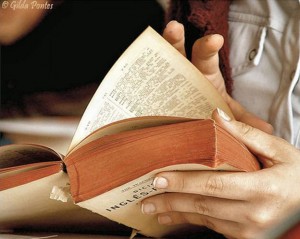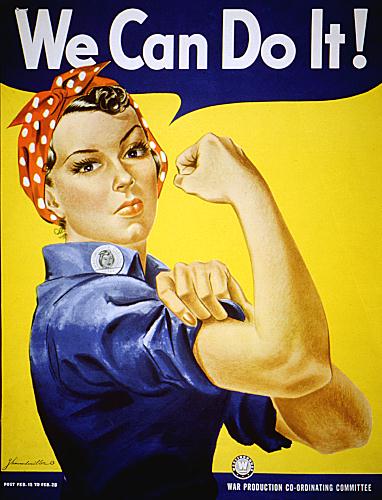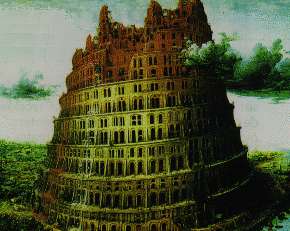Practical Criticism
Activity page 14-15
In this entry I will be analysing the next poem with the new criticism theory about how to Analise a text, This means I will only focus on the text itself.
POEM:
"You fit into me"
You fit into me
like a hook into an eye
A fish hook
An open eye.
1.- What is the relationship between the title and the rest of the poem?
The relationship is that on the title we are being said that there is someone who fits the narrator, and on the poem we are told how do they fit,like hook into an open eye
2.- What words, if any, need to be defined?
Hook: A curved or sharply bent device, usually of metal, used to catch, drag, suspend, or fasten something else. (www.thefreedictionary.com)
Hook-and-eye: A clothes fastener consisting of a small blunt metal hook that is inserted in a corresponding loop or eyelet. (www.thefreedictionary.com).
3.- What relations do you see among any words in the poem?
I see that the author relates the hook with an eye to try to explain how is the connection between the narrator and that unknown person, To make the relation look as painful and bad.
 4.- What are the various connotative meaning of the words in the poem? Do you see various shades of meaning help establish relationships or patterns in the text?
4.- What are the various connotative meaning of the words in the poem? Do you see various shades of meaning help establish relationships or patterns in the text?
First you think that those two persons are made for each other but when the narrator said the "open eye" and the "fish hook" you understand that actually is a horrible relationship
5.- What symbols, images or figures of speech are used? What is the relationship between them?
The poem uses some sort of ambiguity, first you think that is a like a solid and good relation, but then you get to realise the truth, that is not love, it has became from being love to something terrible.
6.- What elements of rhyme, meter or pattern can you discuss?
On the poem there is no sort of rhyme except for the repetition of the world eye in lines two and four. The rest has no pattern, like some sort of free verses.
7.- What is the tone of the poem?
First you think of a sort of love poem, but when you analyse and get the real meaning you understand the tone is of anger and hate.
8.- From what point of view is the content of the poem being told?
The point of view we can see is of a person who is or was having a really bad love relation with another one, and this experience make him or her get to hate that particular person.
9.- What tensions, ambiguities or paradoxes arise within the poem?
There is an ambiguity with the "Hook into an eye" expression. First, you think of two persons caught by love because you think they are very together, but then, you realise that the real meaning is the pain that a fish hook causes to a human eye which makes you realise that actually is the hate in the relationship between those two persons.
10.- What do you believe the chief paradox or irony is in the text?
To express the suffering and anger of a person that was in love but now he/she is alone. It show how there relation have turned to from being love, to being hate and suffering. Also it uses as it express both love and hate.

11.- How do all of the elements of the poem support and develop the primary paradox or irony?
The main element that contribute to the paradox is the "Hook into an eye" expression, because it develops and tells the main feelings of the narrator and the relation in general, although he may still love her or him, He/she feel hate for that person because of the things that have happened between them.

























